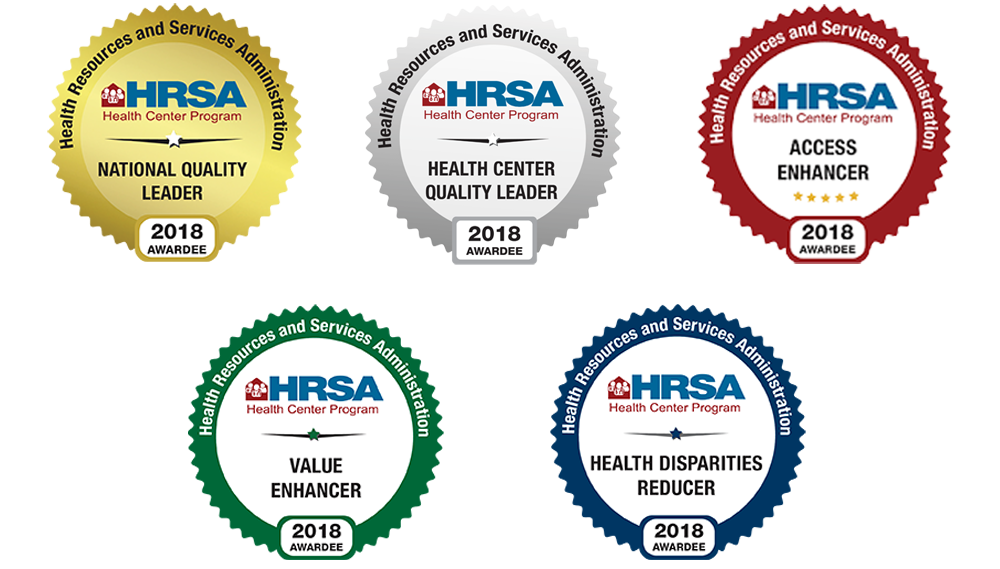Earache, medically termed otalgia, is pain that occurs in the ear. Ear infections are a frequent cause of earache, especially in infants and children. Air pressure changes and earwax buildup are also common causes. There are varities of treatments for earaches, depending on the cause.
The ear is divided into three parts: the outer, middle, and inner ear. Your ear not only enables you to hear, but it plays a role in balance as well. Your outer and middle ear are separated by your eardrum.
The medical term for eardrum is tympanic membrane. Located just behind your eardrum is your middle ear. The eustachian tube in the middle ear drains fluid and equalizes air pressure. This allows the eardrum to vibrate and send nerve messages to the brain that are interpreted into sound.
Earaches can happen to anyone, but are more common among infants and children. There are several causes of earache. An infection in the middle ear is a frequent cause of earaches in infants and children. Fluid accumulation in the outer ear from swimming or showering can cause an outer ear problem, commonly known as swimmer’s ear. Wax buildup or a foreign object in the ear can cause pain. Eardrum perforation or pressure changes during flying or diving can cause earache. An earache may also be caused by jaw problems, tooth infection, sinus infection, sore throat, or arthritis.
An earache is pain in the ear. You may feel sharp, dull, or burning pain. Infants may become irritable, cry, and have trouble sleeping.
You may experience other symptoms depending on the cause of your earache. Infections or injury may cause a decrease in hearing, dizziness, and impaired balance. You may develop ringing in the ear, called tinnitus.
An examination by your doctor is the best way to determine the cause of your earache. Your doctor will review your medical history and ask you questions about your symptoms and recent activities.
Your ear will be examined with an otoscope. An otoscope is a lighted device with a magnifying glass. If pus is present, it will be tested to determine what type of infection it is. A hearing test may be recommended for children with repeated ear infections.
Tests may be conducted to check for fluid in the middle ear. A pneumatic otoscope delivers a puff of air inside the ear while the doctor checks if the eardrum moves or not. Fluid in the middle ear will prevent the eardrum from moving. Tympanometry is another test to measure eardrum movement based on changes in air pressure. Acoustic reflectometry uses sound frequencies to provoke eardrum movement.
The treatment you receive depends on the cause of your earache. Some ear infections go away within a few days without treatment. Your doctor can recommend a pain reliever. Children and infants should not receive aspirin. Antibiotics may be used for persistent ear infections. Children with chronic ear infections may have surgery or tubes placed in their ears to drain fluid and equalize pressure.
A doctor should remove impacted earwax or foreign objects in the ear. Treating causes of referred ear pain, such as arthritis or TMJ syndrome in the jaw, is helpful as well.
Untreated persistent causes of earache may contribute to hearing loss, balance disorders, and speech delays in children. You should contact your doctor if an earache is sudden, severe, and does not go away in a couple of days or becomes increasingly worse.
Middle ear infections have a tendency to develop after a cold, sinusitis, or allergies. Outer ear infections tend to develop after swimming in polluted water. Pressure changes associated with flying or diving increase the risk of earache.



